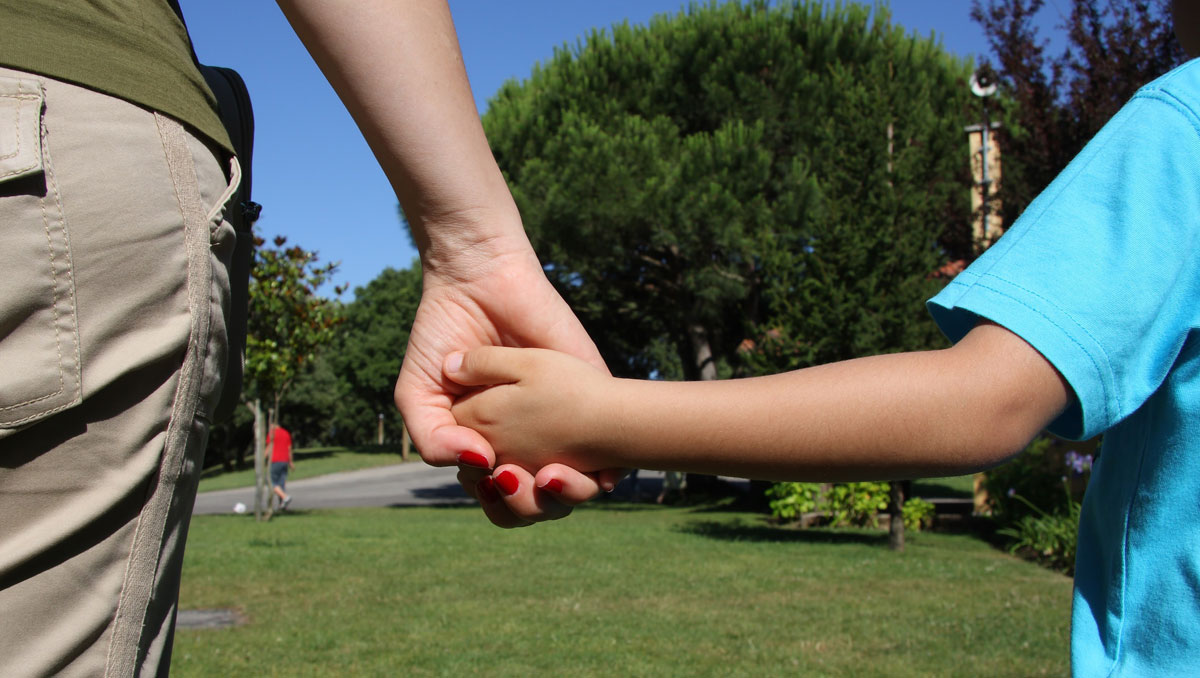
Child Psychology and Psychotherapy
For West London Child Psychology and Psychotherapy please call the Brackenbury Clinic on 020 8741 9264, or send an enquiry. Send Enquiry
What is Child Psychology/Psychotherapy?
Child Psychology uses psychological theories, scientific knowledge and therapeutic skill to assess, understand, support and treat the social, emotional and cognitive development of infants, children and young people.
Child Psychotherapy is a profession with rigorously regulated standards and training, dedicated to helping children and young people make sense of sad, angry, painful or confusing thoughts and feelings.
What qualifications does a Child Psychologist/Psychotherapist have?
Child Psychologists are also called Clinical Psychologists. This means that they have completed a degree in Psychology, a Doctorate in Clinical Psychology, and have gone on to specialise in working with children and young people.
Child & Adolescent Psychotherapists have undertaken extensive specialist training spanning five to seven years. This provides them with a significant background in child development and childhood disorders.
When might a Child Psychologist/Psychotherapist be able to help my child?
It is normal for children and young people to experience a range of emotions, such as worries, anxieties, fears and sadness. These feelings are a normal part of childhood. It is also normal for children and young people to show a range of challenging behaviour at different stages in their lives. For example tantrums can be common in toddlers, whilst teenagers may show defiant behaviour.
However, sometimes it can feel like worries, emotions or difficult behaviour are taking over your child’s life. Perhaps they are distressed when saying goodbye to you at the school gate; or misbehaviour is happening more than you would like; or your child is experiencing panic at exam time; or perhaps your child is more tearful and sad than other kids of their age.
If these feelings or behaviour start to get in the way of everyday life and you are concerned, then a Child Psychologist or Psychotherapist will be able to assess the difficulties and advise you how they may be resolved. Often seeking help early has better outcomes (such as a faster improvement rate).
What will a Child Psychologist or Psychotherapist do, and how can they help my child?
Child Psychologists or Psychotherapists will work collaboratively with you to help your child to overcome behavioural or emotional challenges.
The Child Psychologist/Psychotherapist will carry out a detailed assessment, which will involve asking you questions about areas such as: your child’s physical, social, emotional and cognitive development; how long your concerns have been around for; what things seem to help the problem and what things seem to make it worse. Using this information the Child Psychologist/Psychotherapist will share with you an understanding of why the difficulties may have come about and what can be done to resolve them.
There are various ways of working with different difficulties but the Child Psychologist/Psychotherapist can explain which interventions have a good evidence base for resolving different challenges.
One of the main therapeutic models used by Child Psychologists is called Cognitive Behavioural Therapy (CBT). This supports children and their parents to understand how thoughts, feelings and behaviour all influence each other, and why your feelings about a situation are not necessarily about the situation itself, but primarily about how you appraise the situation. CBT helps children to identify these thought patterns and learn to adjust them so that the difficult feelings improve. Appointments may involve direct work with your child, or with you and your child together. Alternatively appointments may involve working with you alone, without your child, in order to support you to develop strategies and techniques to address the difficult behaviours and emotions at home.
Child Psychotherapists are trained to help children and young people understand feelings that are not possible to speak out loud. During a therapeutic session, younger children may be encouraged to play, while older children may be asked to draw or paint and teenagers to talk about their feelings. Through the relationship with the therapist in a consistent setting, the child or young person may begin to know and to feel able to express their most troubling thoughts and feelings: confused, frightened, hurt, angry or painful feelings can gradually be put into words rather than actions. As a result the child can begin to express their emotions in less disturbed ways and are likely to feel less anxious, more able to learn and better equipped to sustain friendships and other relationships.
Psychologists and Psychotherapists do not prescribe medication.
For appointment costs, please visit the individual practitioners’ pages.

 Child Psychology uses Psychological theories to assess, understand, support and treat...
Child Psychology uses Psychological theories to assess, understand, support and treat...